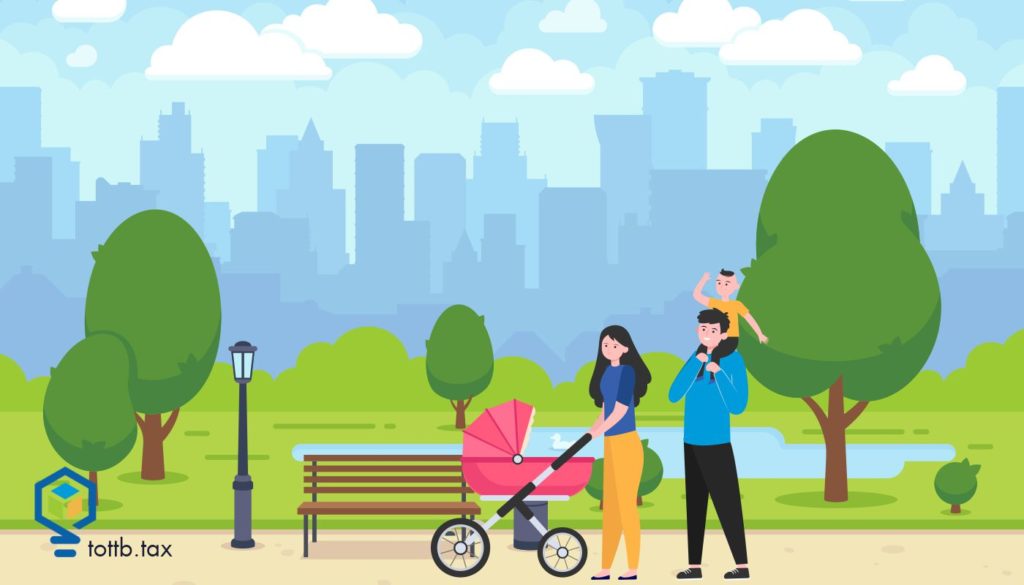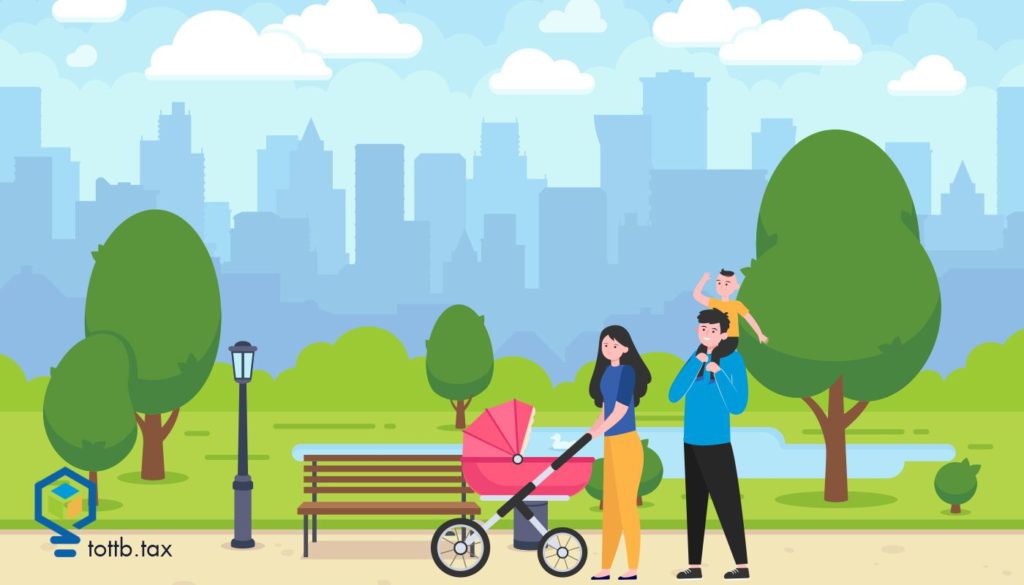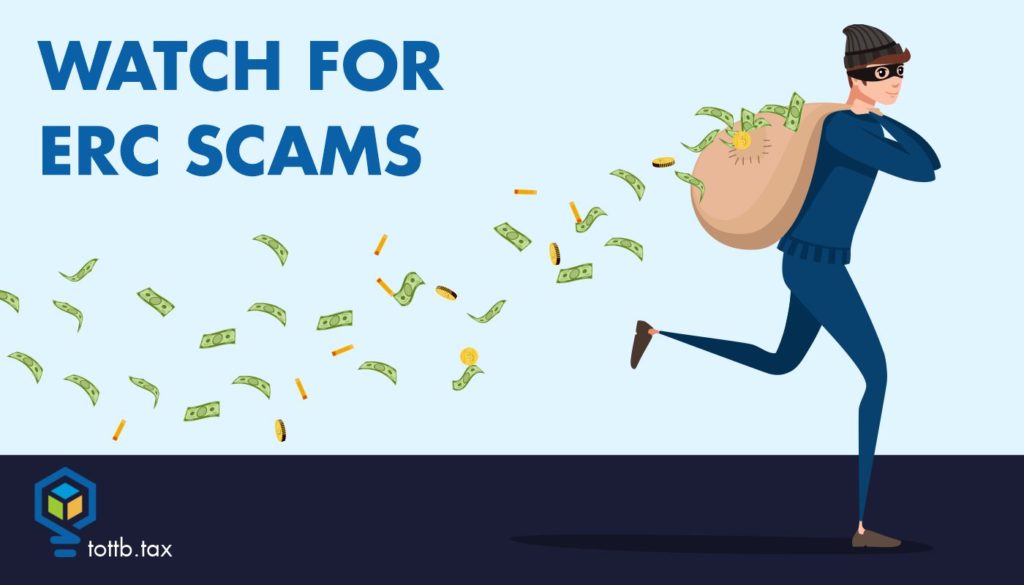After two years of “The Tax Season That Never Ends,” tax pros everywhere are looking for ways to leverage their services and improve profit margins in their firms. But many are missing out on their biggest opportunity to dramatically increase profits: selling tax planning to existing clients.
As technology has advanced and firms have adopted more automation, tax pros can do much more work in less time. This is a problem when you are in the business of selling billable hours.
Additionally, as the Tax Code has grown in complexity, we often find that taxpayers don’t fully understand the value of our expertise and knowledge – they simply see the same prepared form year after year. This makes it difficult to continue increasing prices beyond the market rate for tax prep.
As a result, many tax preparers have embraced value pricing for tax planning services. The market demand for strategic planning has increased and as small business owners embrace do-it-yourself accounting software, it is easy to offer this missing expert advice needed to assist the business owner in reducing tax expense. Accountants have found success in breaking through pricing barriers and reducing the risk of scope creep in their experiments with value pricing.
Yet most are fearful of bringing this offer to existing clients and start offering higher priced planning only to new customers. Many judge that existing clients will be upset the pros haven’t offered this work in the past, assuming taxpayers will be unhappy missing out on value they could have created long ago. Still others worry merely raising rates will mean losing customers.
Despite discovering that new customers really like price certainty and value the strategic work, tax pros are still reluctant to upsell existing relationships, thereby, offering different processes to lists of “new” and “old.” Yet considering it costs five times more to gain a new client than to approach an existing client, many accountants are leaving profits on the table.
According to research by Bain and Company, increasing your client retention rate increases profits by 25 percent to 95 percent. And statistics show that keeping and selling more services to a current client is less expensive compared to securing a new client. Still, fear blocks many from making this transition, creating more loyal, profitable, and happy clients.
Here are the four biggest mistakes I see tax professionals make by not offering advisory services to clients.







